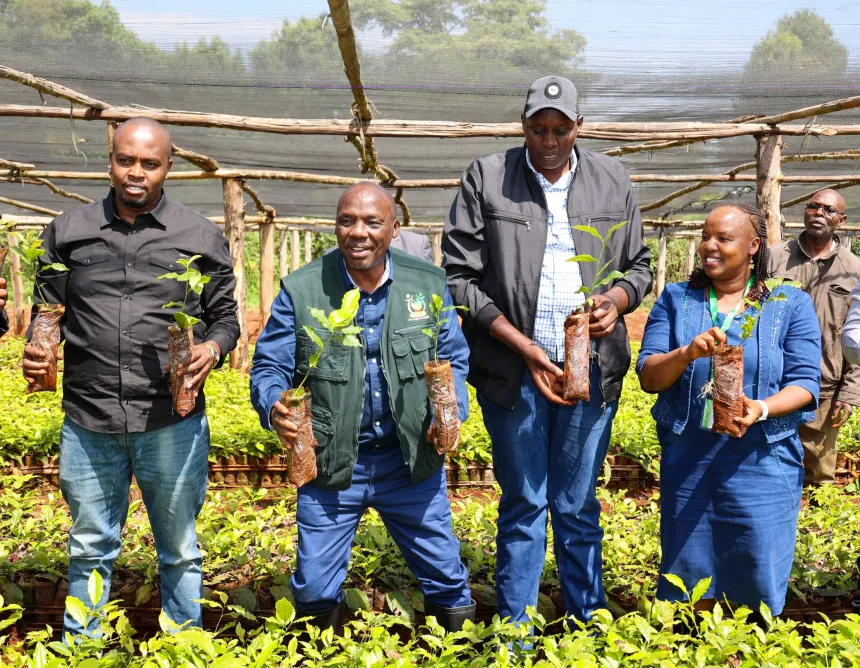The Tea Research Institute (TRI) has unveiled a new generation of mosquito bug-resistant tea clones, a significant milestone in the quest for sustainable tea farming in Kenya. The new varieties, which are also high-yielding and climate-smart, aim to address major challenges facing tea growers, including pest infestation, declining yields, and climate variability.
On Friday, Agriculture Principal Secretary (PS) Paul Rono flagged off 400,000 seedlings of the new tea clones for distribution to farmers across major tea-growing regions in Kenya. Speaking at the event, PS Rono emphasized the government’s commitment to empowering farmers through innovative agricultural research.
“TRI has been instrumental in ensuring that our farmers get access to the best quality tea clones through continuous research and capacity building,” Rono stated. “Established in 1952, the institute has not only contributed to Kenya’s tea sector but has also supported the broader East African tea industry.”
The new clones are expected to significantly improve productivity while reducing dependency on chemical pesticides. This development comes at a crucial time when farmers are grappling with erratic weather patterns, increased pest resistance, and fluctuating global tea prices.
TRI Managing Director Lilian Kerio revealed that the institute has developed a total of 62 new tea varieties, many of which are pest-resistant, high-yielding, and climate-resilient. “Adaptability trials have been successfully conducted in both East and West of the Rift Valley, which are key tea-growing zones in the country,” Kerio said.
She added that TRI’s core mandate is to conduct research on tea cultivation and sustainability, focusing on improving crop resilience, value addition, and market competitiveness. “We are working closely with stakeholders to address emerging issues such as low market prices and the overproduction of cut, tear and curl (CTC) tea,” she noted.
The rollout of the mosquito bug-resistant tea clones is expected to boost farmer incomes, reduce production costs, and enhance Kenya’s position in the global tea market. With continued research and support from the government, TRI’s innovations are poised to transform the tea industry into a more sustainable and profitable sector.

